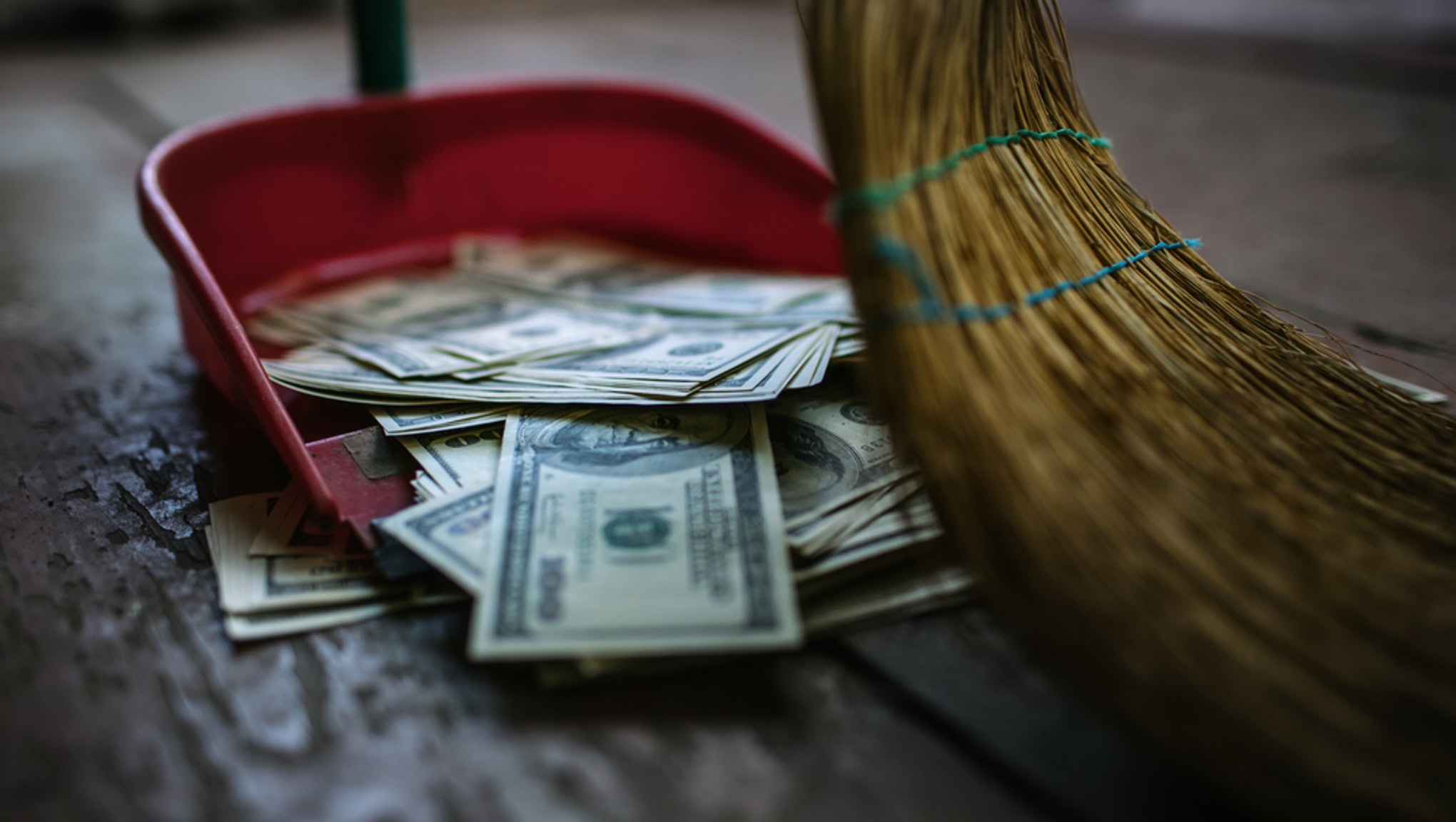4 ways to stop wasting money every month

Think about how hard you work for your money. Now think about how easily some of that goes down the drain each month. It might be hard to visualize just how much money we waste because we don’t know what our bank accounts would actually look like with that money saved. But one study from the Natural Resources Defense Council found that each American household wastes an average of $2,000 worth of food a year, amounting to $165 million nationwide. And that’s just food we’re talking about.
Here are just a few of the sneaky ways in which you’re throwing out money each month and how to reclaim your hard-earned funds.
Fees
From ATM fees to bank service charges, it seems as though financial institutions will look for any excuse to grab a couple quick bucks from us here and there. The problem is, those service charges add up. “Late fees are the worst. You could be one day late and get charged $30 of overdraft fees per check,” said Cary Carbonaro, managing director at United Capital and author of The Money Queen’s Guide: For Women Who Want to Build Wealth and Banish Fear.
As an antidote to late fees, she said to track your spending meticulously throughout the month and review your statements, noticing any trends or patterns of poor spending. Pay with a credit card only if you’re certain you can pay it off in full every month. If not, your debit card is your friend.
Subscriptions
What was once reserved strictly for magazines has extended into everything from socks of the month to sample-sized makeup. And it’s no coincidence that accumulating all this “stuff” at our front doors feels addictive. According to the Journal of Psychoactive Drugs, shopping stimulates the same reward centers in our brain that opiates do. The issue with subscription boxes is that you aren’t only paying for the items themselves, but the cost of the service and user experience. Plus, who says you even need another eyelash curler?
Gym memberships are like subscriptions in that many of them auto-renew, preventing you from actively signing up each year or month. According to Carbonaro, they’re only economical if you actually go, and go often — and given that NPR’s Planet Money found that half of Americans do not use their gym memberships, that may not be the case for you at all. If you’re not hitting the gym regularly, cancel your membership and instead go for a run outside or perform bodyweight exercises in your living room. It sure beats having to share the squat rack with a sweaty stranger.
Use services like Trim to help you cancel subscriptions you don’t use or forgot you even had and Truebill to connect to your bank account and compile all your recurring payments into one comprehensive list.